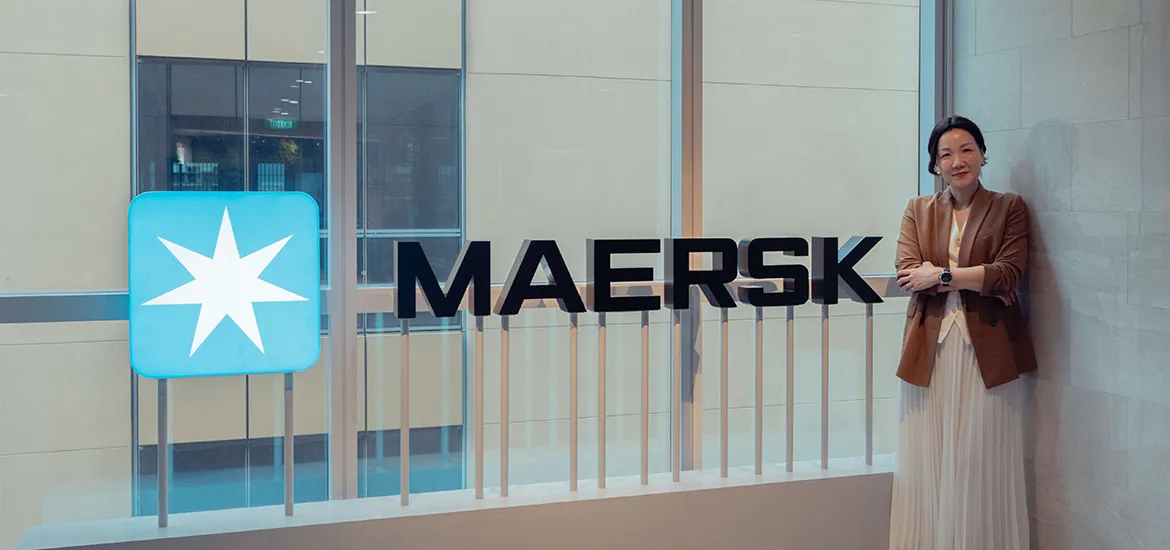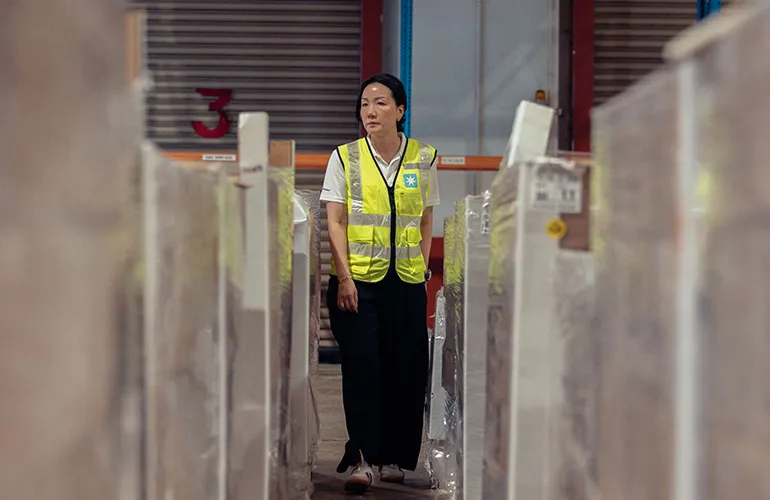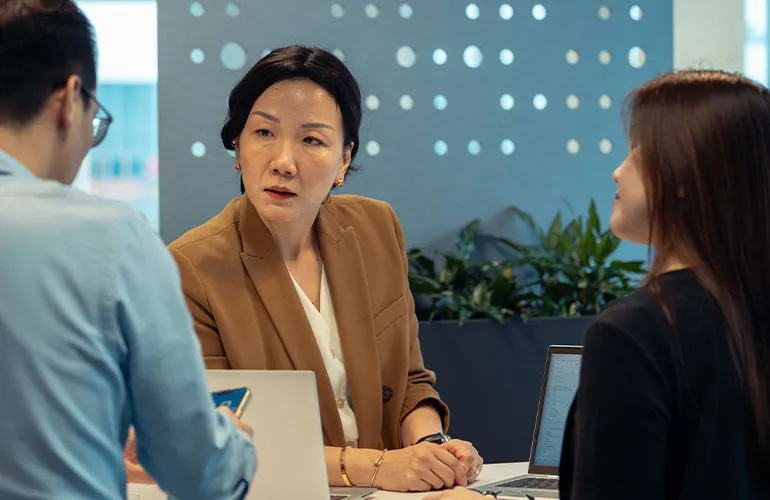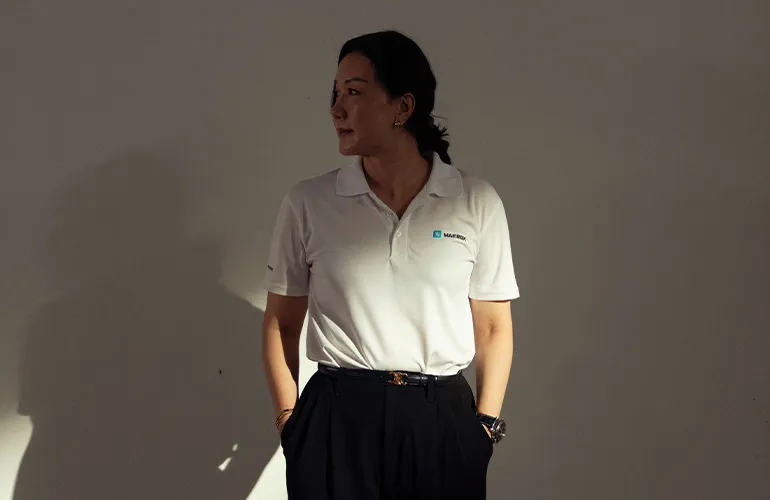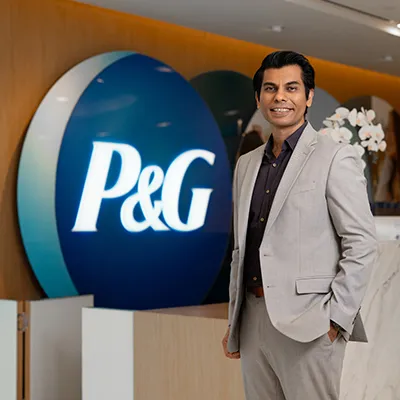Carrie Yap is the Area Head of Air freight, Southeast Asia at Danish integrated logistics company A.P. Moller – Maersk (Maersk), which has its regional headquarters in Singapore. The company has been operating in Singapore for 50 years and while Maersk is traditionally known for its container shipping business, it has been expanding its logistics services over the years. A new 1.1m square feet World Gateway 2 facility will be officially launched in 2026, further enhancing its omnichannel fulfilment capabilities for regional customers with strategic access to Tuas Port and Changi Airport.
1. Tell us about what you do at Maersk.
1. At Maersk, I’m responsible for the growth of the company’s air freight portfolio in Southeast Asia. I work closely with my team on the ground to coordinate air freight shipments across the region and create customised supply chain solutions that can address the needs of our clients while offering them visibility of their products. In logistics, customer experience is a key differentiating factor, and every client we have requires a unique approach to meet their supply chain needs, whether it’s for urgent deliveries or specialised cargo.
